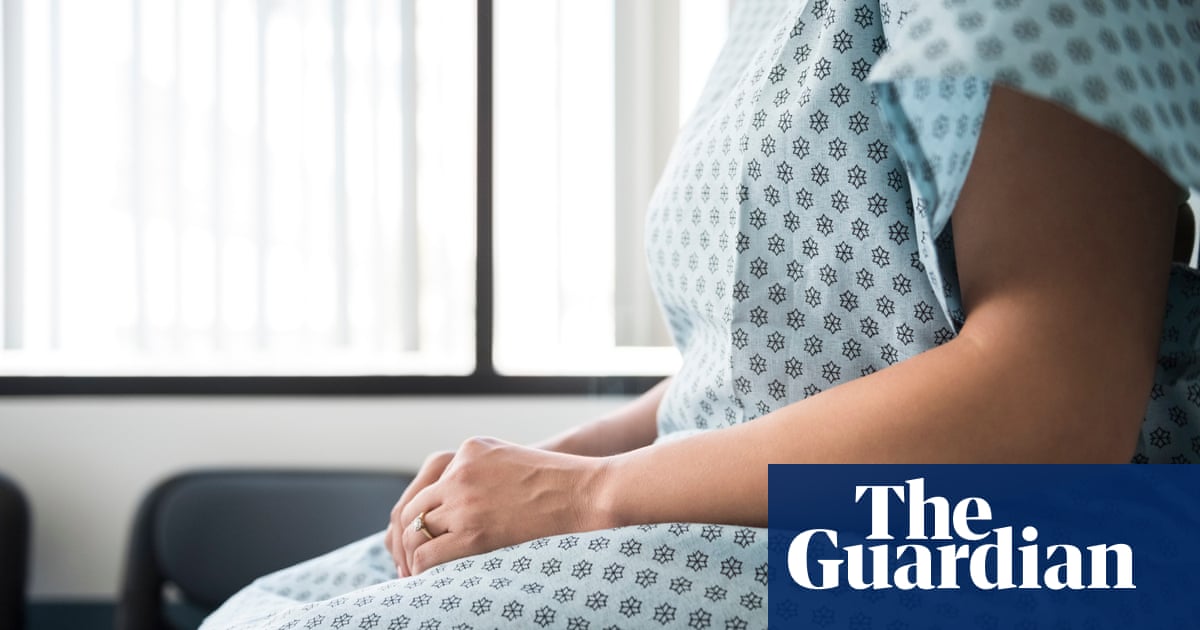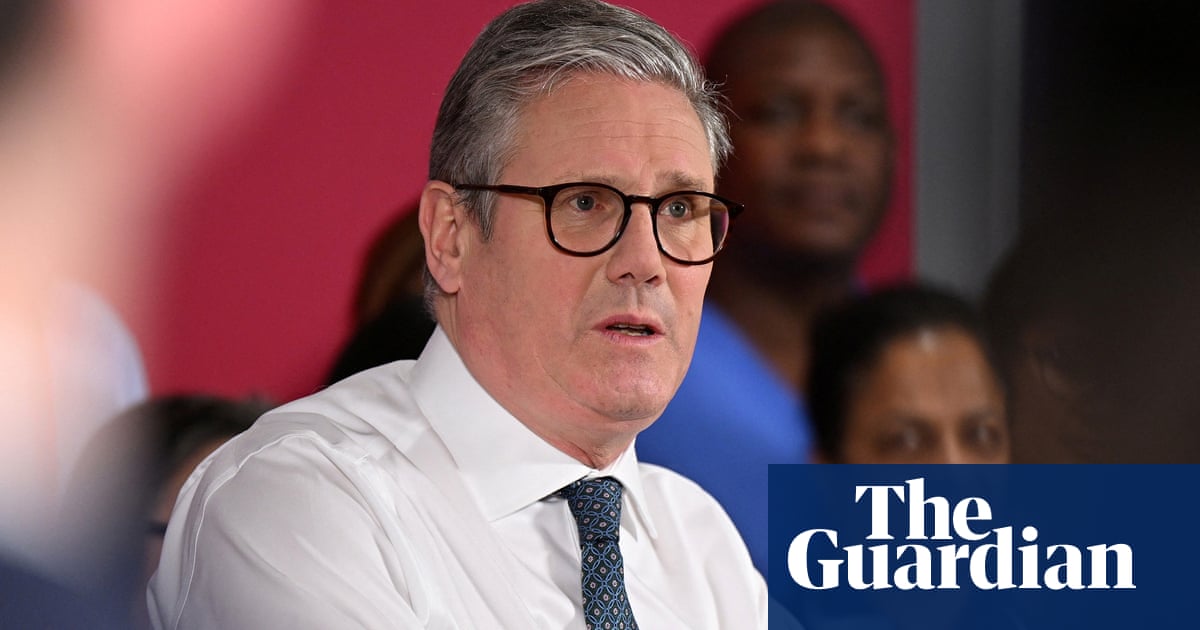Eurozone beats forecasts with 0.4% growth
Newsflash: the eurozone has beaten growth forecasts.
Eurozone GDP grew by 0.4% in the third quarter of this year, twice as fast as the 0.2% growth expected.
That follows Germany’s welcome dodging of a recession, and France’s Olympics-fuelled growth over the summer, which we’ve seen this morning.
Statistics body Eurostat says:
Ireland (+2.0%) recorded the highest increase compared to the previous quarter, followed by Lithuania (+1.1%) and Spain (+0.8%). Declines were recorded in Hungary (-0.7%), Latvia (-0.4%) and Sweden (-0.1%).
The year on year growth rates were positive for seven countries and negative for six.
Key events Show key events only Please turn on JavaScript to use this feature
The London stock market has dipped very slightly this morning, but we can’t blame the selloff – such as it is! - on the budget.
GSK are the top faller, down 3.2%, after it cut its forecast for vaccine sales this morning (see 10.37am).
Mining compan Anglo American is close behind, down 3.1%. That follows reports that global mining company BHP has “moved on” from its three unsuccessful attempts to take over Anglo.
Lloyds Bank are another faller, down 1.4%. It’s caught up in last week’s landmark court ruling over car finance mis-selling, which may lead to lenders paying out billions of pounds in compensation to borrowers.
This has left the FTSE 100 share index down 18 points (-0.2%) at 8200 points, having earlier hit its lowest level since mid-September.
Kyle Chapman, FX markets analyst at Ballinger Group says eurozone economic expansion was much stronger than expected at 0.4% in the third quarter.
That has cut betting on a 50bp rate cut in December, and handing a modest boost to the euro, he says, adding:
“The upbeat growth data will go a long way in alleviating the ECB’s fears about faltering activity and undershooting inflation. There is a flicker here of the rising real wage, higher consumption path that policymakers had been flagging as the source of a rebound. My expectation is for policymakers to continue with back-to-back 25bp rate cuts, which will do the job just fine. There is no need to panic yet, and that takes a 50bp move off the table for now.
That said, these are hardly figures to get excited about. Germany may have eked out a touch of growth, but that is from a weaker position in Q2 than previously thought and the structural headwinds to growth will evidently persist in the longer term. The quarterly growth data is backward looking and only captures one month of the poor PMI prints that have spooked the ECB into easing more aggressively.
It points to a stronger outlook for consumption but does not preclude a fizzling out of the growth momentum in the fourth quarter which would reignite the discussion about a jumbo rate cut in December.”
Jack Simpson
The boss of British drugmaker GSK has called for the chancellor to encourage investment into the country through research and development tax credits.
Speaking as the company published its third-quarter results, Emma Walmsley, GSK chief executive, said:
“We remain very committed to this country as a company, with significant R&D and manufacturing investment.
“It is important for us that the fiscal environment remains competitive and you know, we’re looking forward to seeing the details that are coming through.
We want to see investment encouraged, whether that’s through the patent box or research and development tax credits, and we’ll see more on that today.”
R&D tax credits are aimed to encourage investment in research and development by allowing companies to claim tax credits or reduce their tax bill by showing cash has been reinvested in research projects. The Patent Box is designed to encourage companies to keep intellectual property in the country by offering lower rates of corporation tax on profits made from inventions patented locally.
The comments came as GSK’s total sales for the three months up to 30 September hit £8bn, a 2% increase from compared to the previous year.
However, its vaccines sales forecast dropped for the year due to a sharp decline in sales of its new respiratory virus jab Arexvy. The jab which saw significant sales after its launch last year plunged 72% year-on-year to £188m, hit by fewer of the shots being given out in the US.
UK government bonds are continuing to strengthen in morning trading, pushing down borrowing costs a little further.
The yield (interest rate) on 10-year UK government debt is now down 7 basis points, at 4.23%, down from last night’s five-month closing high of 4.3%.
[bond yields fall when prices rise].
Russ Mould, investment director at AJ Bell, says investors will be hoping this isn’t simply the calm before the storm, adding:
“The last thing the market wants is for Reeves to pull a Halloween-themed rabbit out of the hat that scares investors and causes another Liz Truss-era horror show.
For all the wild speculation around what might be in the Budget, investors don’t seem to be on tenterhooks going into the announcement.”
Research institute the National Institute of Economic and Social Research are hopeful that Rachel Reeves’s new fiscal rules will create the space needed to drive investment, without undermining stability.
Monica George Michail, associate economist at NIESR, says:
The UK is at a critical juncture: after years of sluggish growth and deteriorating public infrastructure, a sustained rise in government investment is vital to promote long-term growth and boost living standards.
Growing demands for defence and green infrastructure further add urgency for decisive action to secure the UK’s economic future.
We look forward to the Chancellor’s budget announcement today and hope the new fiscal rules will strike a balance between creating fiscal space and ensuring long-term financial stability.”
Eurozone beats forecasts with 0.4% growth
Newsflash: the eurozone has beaten growth forecasts.
Eurozone GDP grew by 0.4% in the third quarter of this year, twice as fast as the 0.2% growth expected.
That follows Germany’s welcome dodging of a recession, and France’s Olympics-fuelled growth over the summer, which we’ve seen this morning.
Statistics body Eurostat says:
Ireland (+2.0%) recorded the highest increase compared to the previous quarter, followed by Lithuania (+1.1%) and Spain (+0.8%). Declines were recorded in Hungary (-0.7%), Latvia (-0.4%) and Sweden (-0.1%).
The year on year growth rates were positive for seven countries and negative for six.
Campari shares tumble 15% after results miss expectations
Sticking with Italy briefly, shares in drinks company Campari have dropped by 15% after its latest financial results disappointed the markets.
Net sales at the spirits firm behind Aperol, Grand Marnier and Cinzano fell by 1.4% in the last quarter, missing forecasts of a rise.
Campari blamed macroeconomic weakness, poor weather (it wasn’t the best summer for a cheeky outdoor Aperol spritz), pressure on disposable income from inflation and falling confidence among consumers and retailers.
Campari’s pretax profits dropped by 20% in the quarter.
Maybe they should consider bringing back those classic Cinzano adverts with Joan Collins & Leonard Rossiter…..
While Germany has beaten growth expectations, Italy has done worse than expected.
Italian GDP was flat in July-September, new data this morning shows, worse than forecasts of 0.2% growth for Q3.
The euro has jumped to its highest level in over a week, after Germany’s economy avoided a recession in July-September.
The single currency is up 0.25% at $1.0845, with investors calculating that hefty cuts to eurozone interest rates are now a little less likely.
Reuters reports that the odds of a large, half-point, cut from the European Central Bank at its next meeting in December has dropped to 22%, from 45% early this morning.
⚠️ TRADERS TRIM BETS ON 50 BP RATE CUT FROM ECB IN DECEMBER, NOW SEE 22% CHANCE FROM AROUND 45% CHANCE BEFORE DATA
— PiQ (@PiQSuite) October 30, 2024
.png) 2 months ago
26
2 months ago
26













































